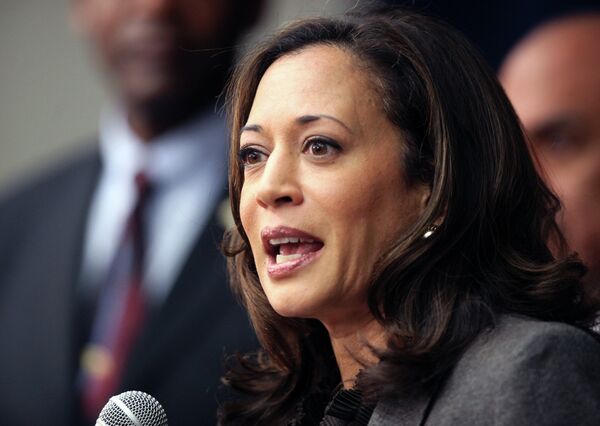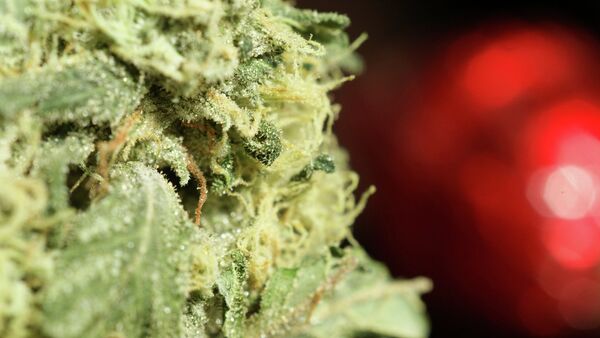The Regulate Marijuana Like Alcohol Act, reintroduced by Colorado Democrat Rep. Jared Polis, would remove marijuana from the federal list of banned substances.
The Marijuana Tax Revenue Act, a companion bill from Rep. Earl Blumenauer (D-Oregon), would create a federal tax structure for recreational marijuana.
“It’s not just the people who use marijuana, but a lot of other people are recognizing that it’s insane to shuffle billions of dollars to Mexican drug cartels when we could just be taxing it,” Blumenauer told The Hill.
According to the Hill, Blumenauer's bill would initially tax the sale of pot at 10%; that would gradually increase up to 25%. The structure would apply to sales for recreational purposes, and does not apply to medical marijuana.
Blumenauer estimates federal gains at as much as $10 billion annually.
A 2010 study by Harvard economist Jeffrey Miron estimated federal and state government expenditures on marijuana prohibition at $20 annually, the Huffington Post reports. That includes both law enforcement and missed tax revenues.
“The federal prohibition of marijuana has been a failure, wasting tax dollars and ruining countless lives,” Blumenauer said.
The bills, introduced this time around while lawmakers are on recess, failed to gain traction in the last Congress, but Blumenauer says he believes pot politics is changing.
"There’s little doubt in my mind that we’ve turned the corner on this,” he said.
Meanwhile, on the West Coast
California Attorney General and US Senate Candidate Kamala Harris said this week that she has “no moral objection” to the legalization of recreational Marijuana in the Sunshine State.
She outlined her major concerns: that pot needs to be kept out of the hands of children, as well as any public safety issues that could arise.
“It’s easy to stand up and make a grand gesture, but we really do have to work out the details,” said Harris, who told the San Francisco Chronicle that she believes “it is an inevitability” that the recreational use of marijuana will be legalized in the state.

“I’m actually in constant communication with Washington and Oregon to watch what they are doing and to explore all of the options, to make sure we do this in a way that takes advantage of learning from their mistakes,” she said.
The use of marijuana for medical purposes is currently permitted in twenty three states. Voters in Colorado, Washington, Alaska, Oregon, and Washington, DC have elected to legalize recreational pot. In DC, Initiative 71, which made possession and cultivation of marijuana legal and passed overwhelmingly by voters in November, will go into effect on February 26, pending a congressional halt.


